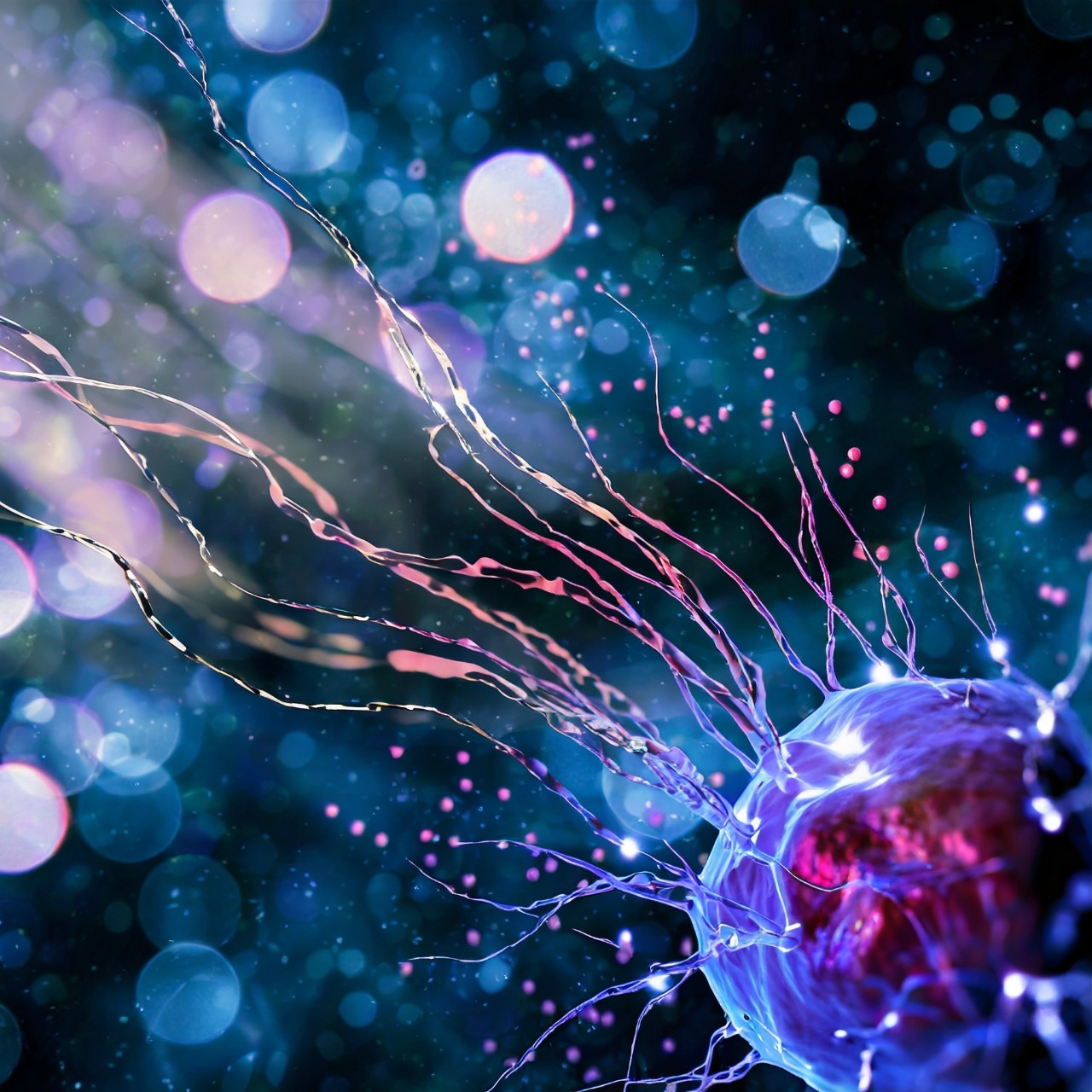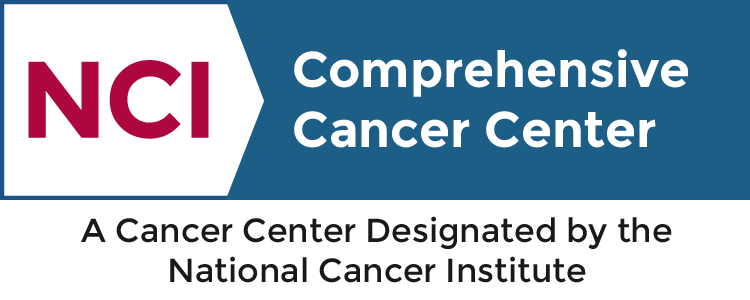8:00 am |
Registration Open & Continental Breakfast |
|
8:30 am |
Welcome |
|
8:40 am |
SESSION I: Advancing activity-based protein profiling |
|
|
Keriann Backus, PhD UCLA |
|
|
Ben Cravatt, PhD Scripps Research Institute |
|
|
Ekaterina (Katya) Vinogradova, PhD
|
|
10:25 am |
SESSION 2: Expanding covalency in drug design |
|
|
Paola Castaldi, PhD Matchpoint Therapeutics |
|
|
Kevan Shokat, PhD UCSF |
|
|
Jack Taunton, PhD UCSF |
|
12:00 pm |
Lunch |
|
1:00 pm |
Special MS Technology Lecture |
|
1:30 pm |
Lightning Trainee Talks |
|
2:10 pm |
SESSION 3: Using mass spectrometry for target and ligand discovery |
|
|
Sherry Niessen, PhD Belharra Therapeutics |
|
|
Matt Patricelli, PhD
|
|
3:55 pm |
SESSION 4: Developing proximity-based therapeutics |
|
|
Katelyn Cassidy, PhD C4 Therapeutics |
|
|
Katherine Donovan, PhD Dana Farber Cancer Institute |
|
|
Pete Wildes, PhD
|
|
5:30 PM |
Closing remarks and reception
|
|
Advances in Mass Spectrometry Enabled Drug Discovery
The inaugural Stanford Cancer Institute Advances in Mass Spectrometry Enabled Drug Discovery symposium on October 29, 2024 will bring together leading experts in academia and industry to explore current challenges and opportunities and recent achievements across diverse applications in drug development.
This field has revolutionized ligand and target discovery by enabling the detection of interactions proteome-wide. Chemoproteomic techniques targeting reactive residues have grown and expanded the scope of covalent ligand discovery. Mass spectrometry instrumentation continues to improve, deepening proteomic coverage, accuracy, and sensitivity while becoming more accessible.
The symposium is open to Stanford faculty, students, and postgraduates, as well as those outside of Stanford who are interested in diving into the cutting-edge world of proteomics. Join us for this all-day dynamic learning experience to discuss the exciting progress in mass spectrometry-based proteomics.
- Agenda
- Chairs
- Speakers
- Registration
- Location & Parking
- Sponsors
Mackenzie Room, 3rd Floor
Jen-Hsun Huang Engineering Center
475 Via Ortega, Stanford CA 94305
Parking
There are two parking garages near the Huang Engineering Center. If you are a visitor to campus, you can use ParkMobile in visitor parking areas. The hourly rate is $4.46 and the daily rate is $35.68. Click here for more information on visitor parking.
Parking Structure 2
285 Panama St, Stanford CA 94305
Visitor parking is available on the ground floor
Roble Field Garage
369 Santa Teresa St, Stanford CA 94305
Underground garage located between Santa Teresa and Panama St
For information on sponsorship opportunities, please contact Athena Serapio at athena3@stanford.edu.


















